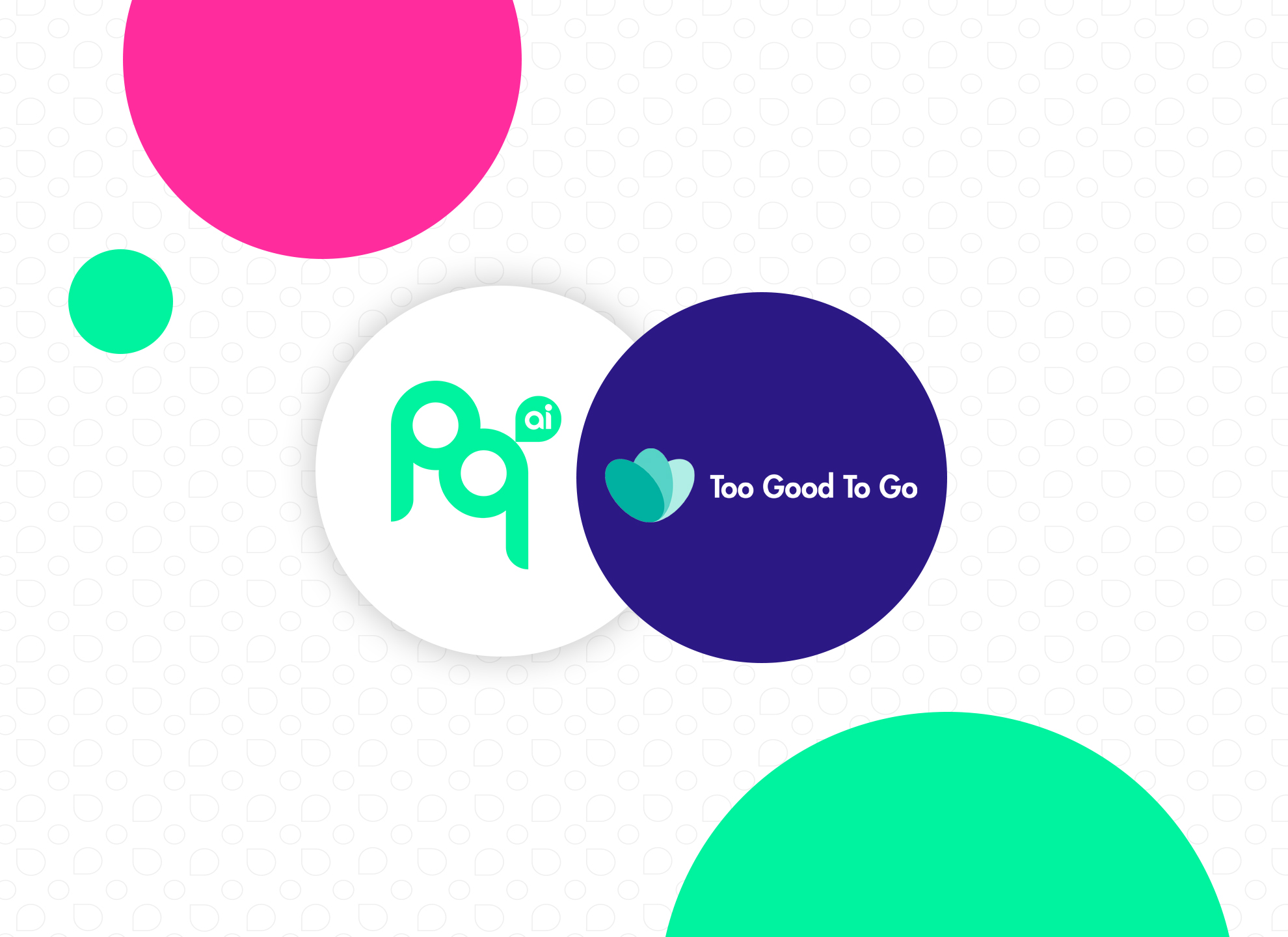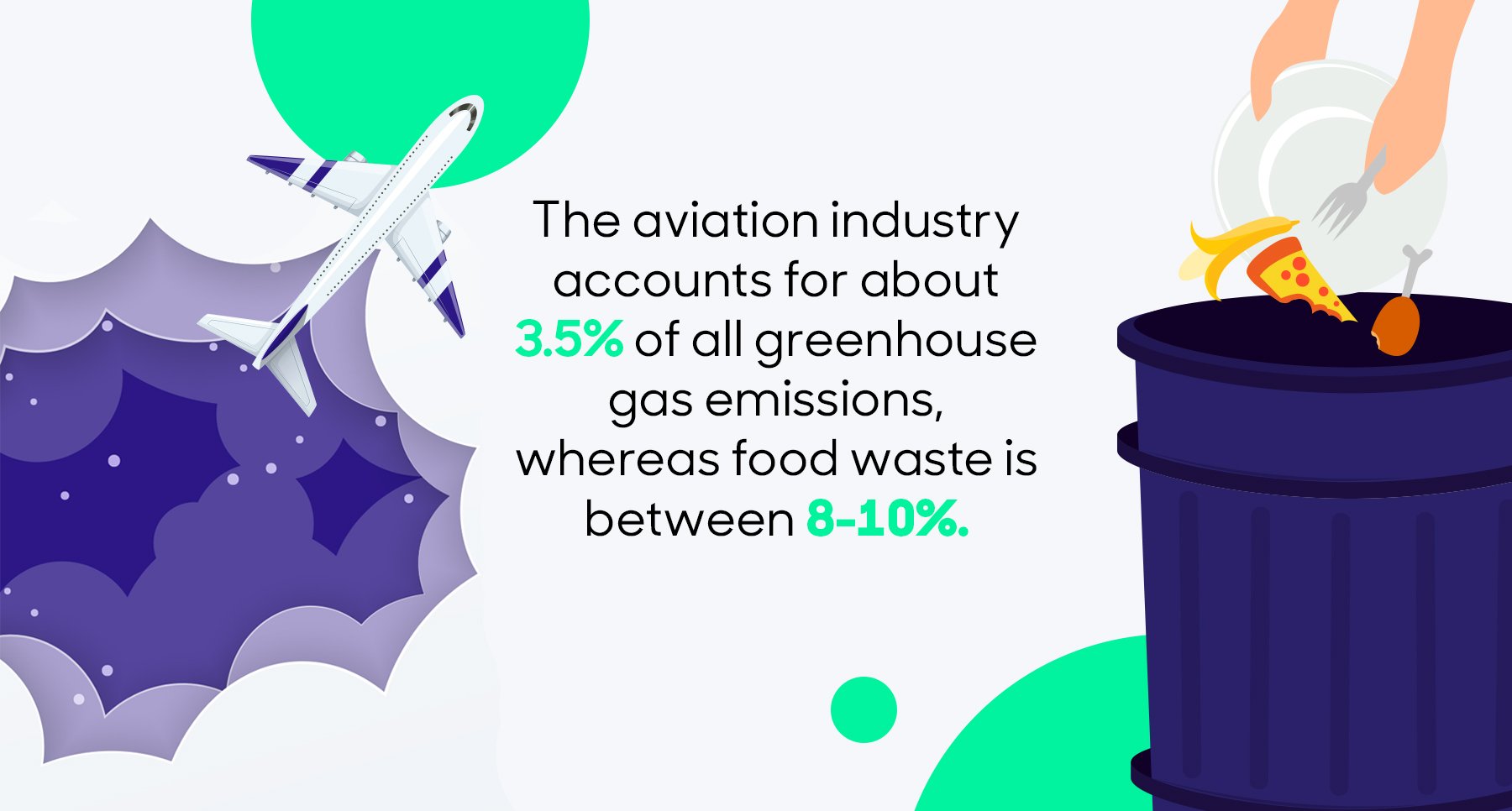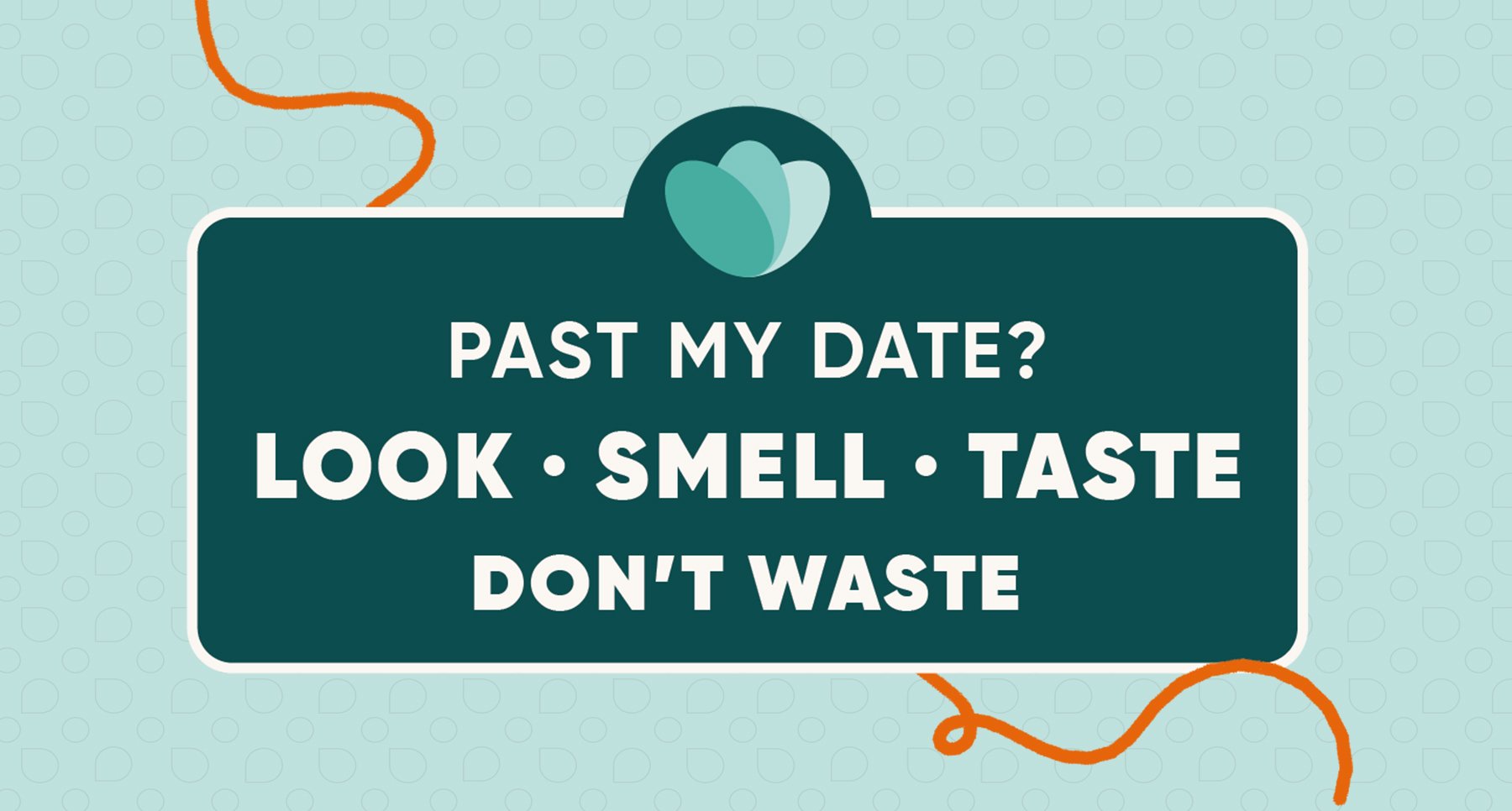Posted on August 13, 2021
Updated on March 13, 2023
4 min read time

Jamie Crummie is the mastermind behind popular food app, Too Good To Go, the digital marketplace that’s been responsible for feeding the nation at reduced prices, since its creation in 2016. The key purpose of the app is to reduce global food waste, with each purchase preventing good food from being thrown away.
Too Good To Go operates in 16 markets, across Europe and North America. With an army of food businesses (just over 100,000) at their disposal, and over 14 million consumers on the app, it’s no wonder the company has rescued over 81 million meals from going to waste.
After hunting Jamie down at this year’s MAD//Fest, we couldn’t resist bringing him in to pick his brain on food waste, sustainability and the secret to building a brand with purpose.
Jamie was first inspired to tackle food waste when living in Australia and working in the hospitality sector. Large quantities of food were being thrown away every day, yet so many people were going hungry. As Jamie put it, “Food waste is the world’s dumbest problem". When people are starving every day, it’s unfathomable 1/3 of food produced in the world goes to waste every year.
That’s when Too Good To Go came into existence, with the desire to create change across the board. They target four key pillars, households, businesses, schools and public affairs - aiming to impact governmental regulations and inspire the next generation, consumers and businesses to create a better world.
For Too Good To Go it’s not just about food going to waste, it’s also about the impact this waste has on the environment. Currently, the aviation industry accounts for about 3.5% of all greenhouse gas emissions, whereas food waste is between 8-10%. Yet, food waste is so much simpler to solve, so why aren’t we doing enough?

Food waste is a global problem that needs a global solution. Too Good To Go is working to evolve attitudes and perceptions around food waste, inspiring and empowering people to take action. Working with schools and the younger generation is just one of the ways they do this, providing tips and tricks on how to use food creatively to avoid waste.
At MAD//Fest, Jamie spoke with Onken about the distinction between ‘Best Before’ and ‘Use By’ food labels. The confusion between these two labels led to Too Good To Go launching the ‘Look, Smell, Taste, Don’t Waste’ campaign to educate customers on the difference and to avoid perfectly good food being thrown away. The campaign encourages customers to use their senses before throwing away Best Before food, including a new label on Best Before food products to remind users to look, smell and taste before discarding.

One of the most prominent challenges facing Too Good To Go is awareness. Whilst they eagerly await their ‘Blue Planet’ moment (the time when David Attenborough united the nation against plastics), they are focusing on educating people on the connection between food waste and climate change.
Having a purposeful brand has made all the difference to Too Good To Go - helping to establish themselves in the hearts of their consumers and creating a movement for people to rally around. The app is a tangible tool for fighting food waste, whereas the brand is the entity that draws people in, starting a conversation and creating appeal and buzz around the company.
Jamie admits the company’s global reach and success would not have been possible without the brand. Even their logo has become synonymous with the food waste movement, helping to build a community of users and stores that feels like an amazing club.
We asked Jamie what he thinks it takes to build a purposeful brand and his response was ‘team, focus and staying true to the cause’. He explained his whole team is incredibly passionate about food waste and that’s what helps them to achieve their goals.
Too Good To Go has created a business model that’s a win for everyone involved. It’s a win for the individual, who can discover new foods, save money and fight food waste. It’s a win for businesses, who can reach new customers, recover sunk costs and join a collective of other similar-minded businesses. And ultimately, every party involved benefits because they are doing something to help the planet.
Too Good To Go belongs to the illustrious B Corporation movement, a community of companies that are actively doing good for the world. Through the organization, the company can connect with likeminded brands and socially responsible companies, partnering up with these groups to achieve their goals and expand their reach.
Partnerships are a powerful tool that can help businesses broaden their reach. When done well, they can help customers relate more to how your brand behaves and show the world your brand can do the right thing. At ProQuo, we’re all about partnerships, and we love seeing more and more brands harnessing them to unlock growth and increase reach.
When choosing potential partners Too Good To Go is not swayed by a company’s values or behavior. Jamie explains the problem is too great for that. "To fight food waste, we have to fight with all types of businesses, from local cafes to global retailers. If we want to have a huge impact, we need to work with anyone and everyone to solve the problem at heart." He explains it’s not just about aligning with brands and companies that reflect their own values, it’s more about uniting with companies to stop food from being thrown away.
By the end of 2024, Too Good To Go is aiming to rescue 1 billion meals from going to waste. It’s an ambitious target but we’re in no doubt they’ll reach it.
Our intelligent platform will take your brand further, faster.
Don’t believe us?
© 2020-2023 ProQuo AI International
All rights reservedWebsite by Blend